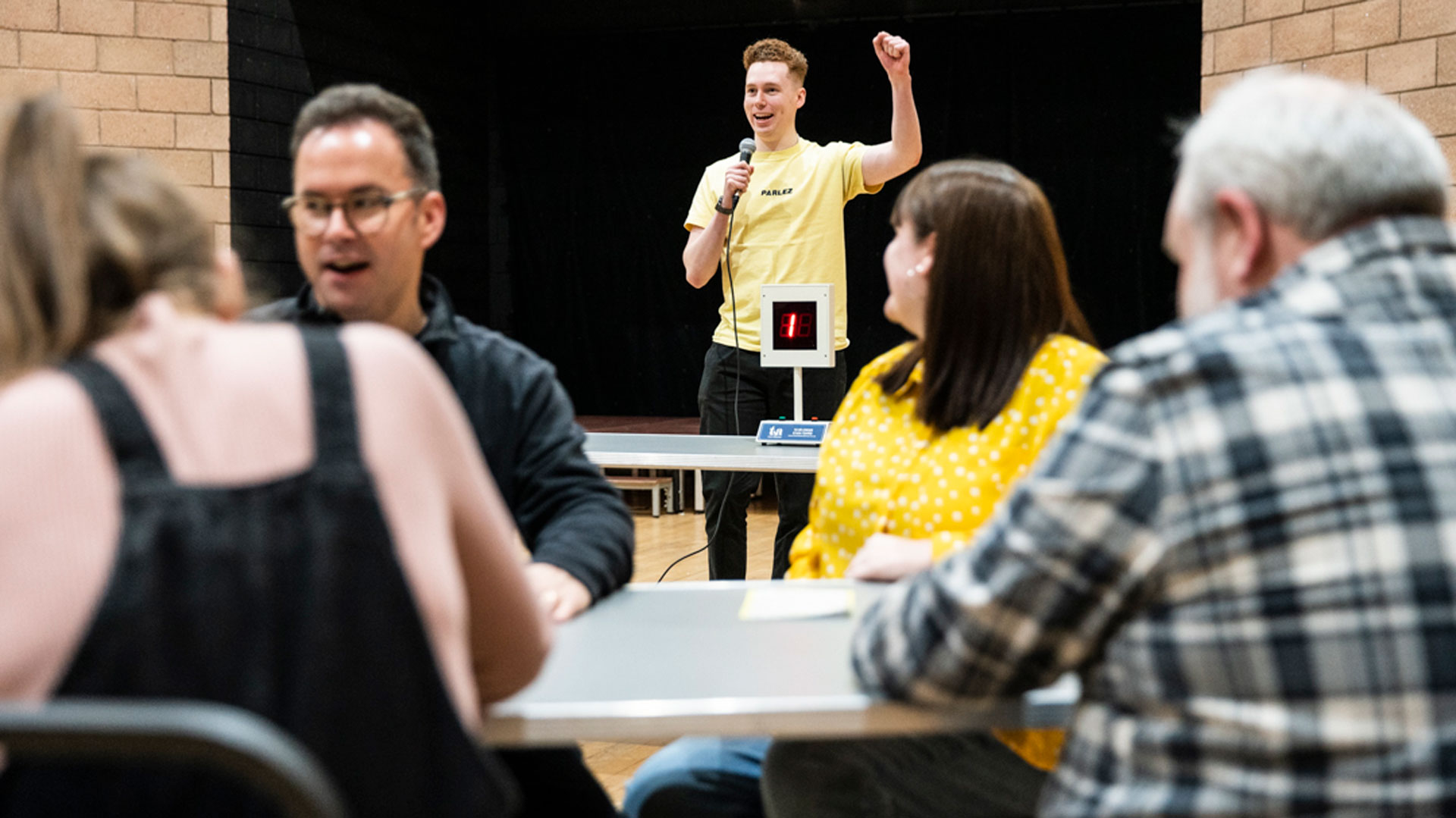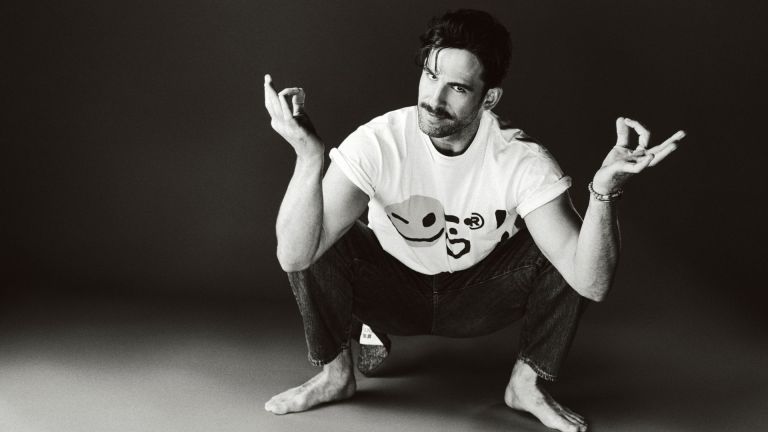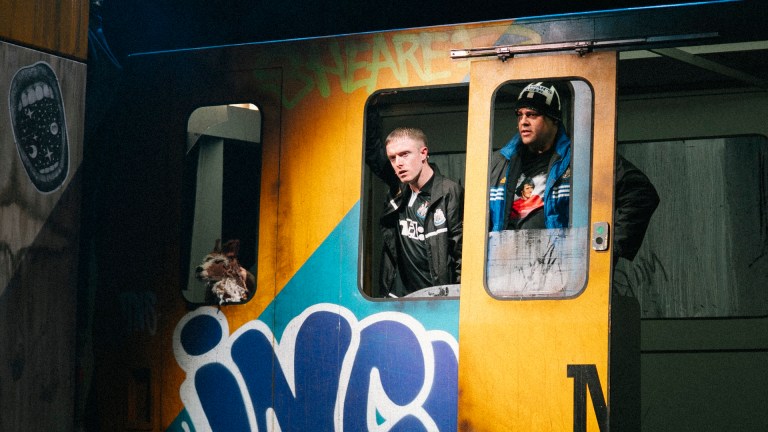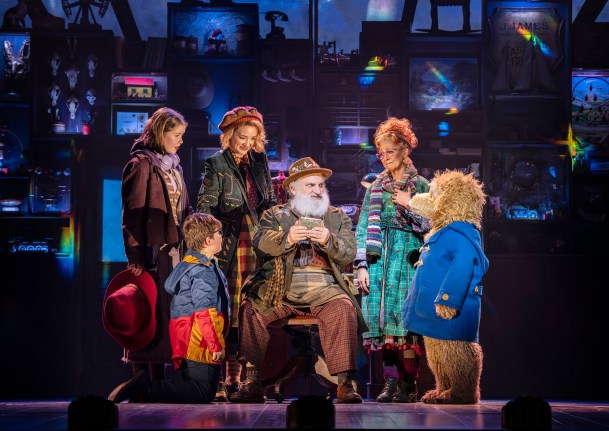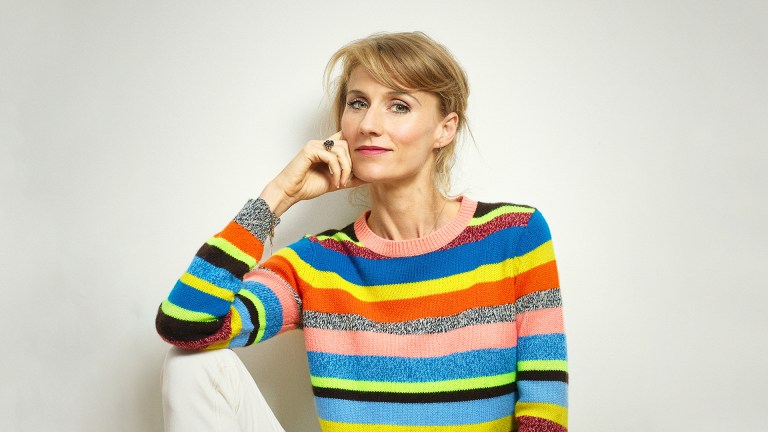We are living in a society where we’re relentlessly told we need things. On TV, on billboards and on social media. Stuff to make us feel better, live longer and be happier. In some ways it feels this materialistic need has contributed to the way that the world is at present. And still, even in a cost-of-living crisis, people have become so accustomed to the things we’ve been programmed to need that we still think they’re a necessity. Do we need all the takeaways, the weekly meals out, the newest clothes, the branded food, the daily cup of coffee from the coffee shops, the newest electronic gadget? Is this really what makes life better?
My new play Other Side of the River shows that we can survive despite the adversities we face and find joy in the simplicity of being together with friends and family, gathering with food and entertainment.
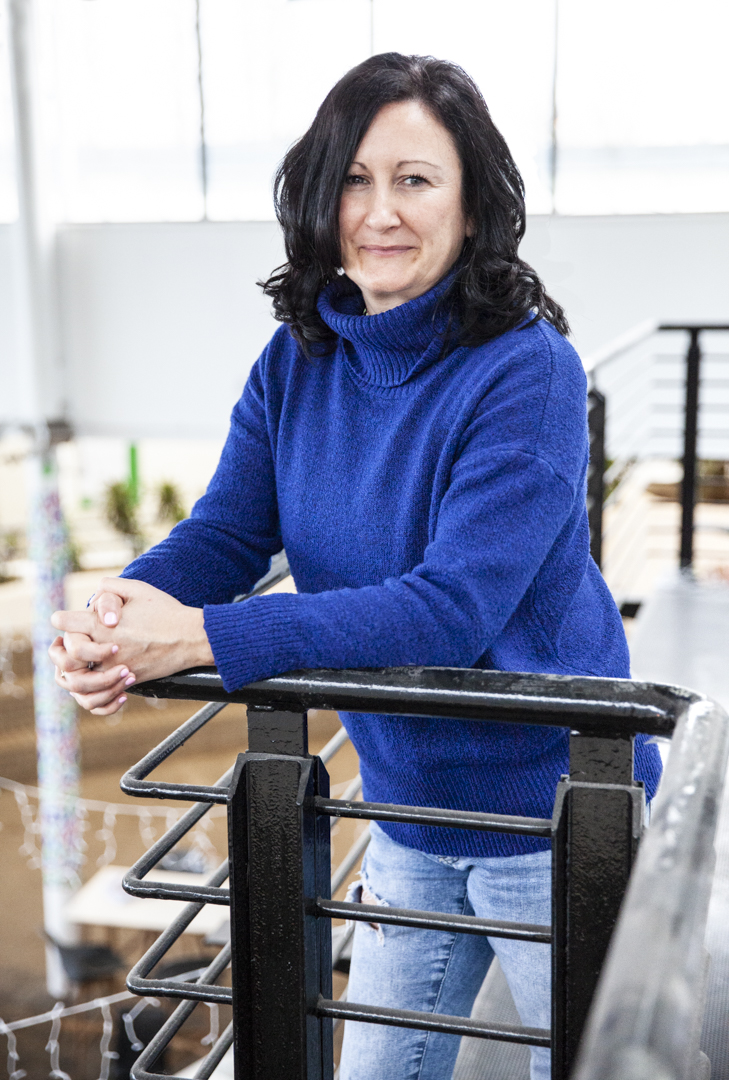
I’ve spent the last five years getting to know the people of Ferguslie Park, Paisley and the strength that this community has brought those who live there. Other Side of the River is a play inspired by this brilliant place full of character(s) and tells the universal story of a town which has been previously tarred by the media based on statistics and government data. Often news and media focus on the negatives instead of the positives, especially when the good stuff doesn’t always make as captivating a headline. But we need inspirational stories to move us forward; to give us hope in a world full of stuff we don’t actually need.
With the help of cultural regeneration programme Future Paisley, who commissioned the play, we hope Other Side of the River will empower local people by highlighting the positive cultural characteristics of Ferguslie Park and places like it, challenge the perceptions which damage the area’s image and reputation, and give locals an evening to remember.
The play tells the story of driven journalist, Beth, who goes to the small town of Ailm (based on Ferguslie Park) looking for a sensational story to boost her ego and make her feel loved. Beth, the main character, comes from a city where she feels lonely even amongst the hustle and bustle and the number of people that surround her. Soon, Beth begins to realise that she feels more at home in the small town than the big city. Her story is really about discovering the friendship, care and generosity of the town and its people.
This is a reflection of my own experience researching the play. When I started visiting Ferguslie Park, I was living alone in the middle of Glasgow – working freelance and on a project-to-project basis whilst friends and family had things going on. I felt so lonely. Yet, every time I walked through the doors of the Tannahill Centre in Ferguslie I felt welcomed, cared for and listened to. I would even get fed too!
